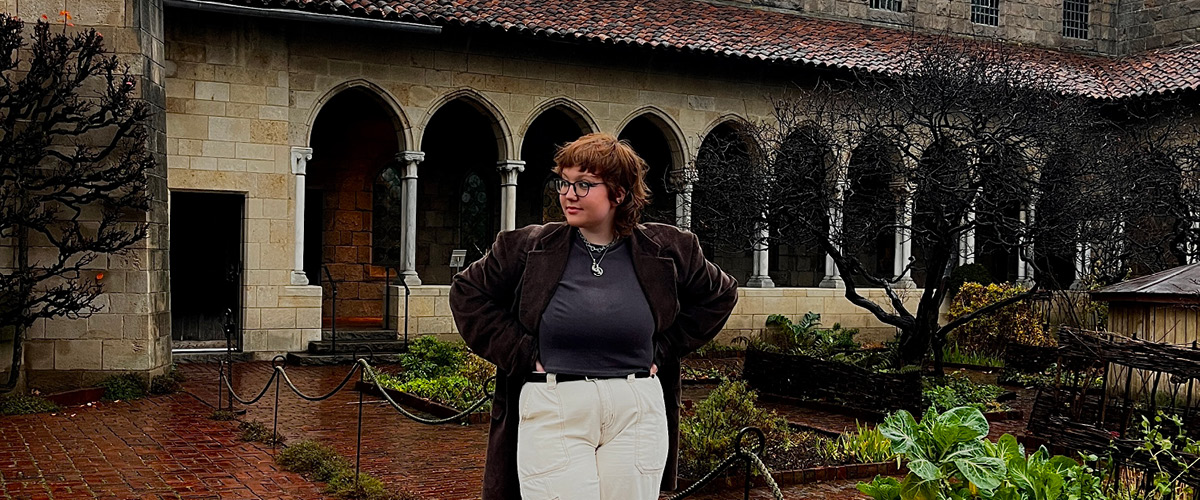
Creating a Space for All
The School of Architecture and Design’s Lydia Mudd (she/they) is one of three recipients of the fourth annual Hazel Siegel Scholarship, an acknowledgment of the interior design student’s perspectives on diversity, design aspirations, and commitment to making a difference in the field.
Presented by the International Interior Design Association’s (IIDA) New York Chapter, the scholarship grants Mudd an all-expense-paid, three-day trip to IIDA’s SHIFT Conference in Dallas in February, as well as a one-year IIDA student membership to the New York chapter.
“Being recognized under these categories means quite a lot to me,” Mudd says of the scholarship, created in the name of Hazel Siegel, a champion of community and inclusiveness in the design industry. “What this scholarship stands for is what I’ve been striving to exemplify in my work for years.”
On the New York City campus, Mudd is months-deep into research for their senior capstone—designing a corporate office specifically to foster collaboration and productivity for neurodiverse individuals, taking into account studies of cognitive brain mapping and sensory processing. Neurodiverse herself, Mudd takes this interior design topic seriously and intends to pursue it further during their future career.
“I’m a strong believer that designing for more marginalized groups in architecture creates a greater experience for all,” says Mudd. “Many professionals still treat the Americans with Disabilities Act (ADA) building codes as requirements to check off. It reinforces this mentality of ‘other’ that’s damaging.”
Reflecting on their own time within buildings, Mudd knows firsthand the burnout cycle neurodiverse people experience from constantly filtering out external stimuli. To combat this, their capstone project proposes the creation of flexible spaces that offer micro-environments reflecting varying levels of privacy and expression. Ideally, this practice of making spaces more accessible would become implemented regularly through acoustical solutions, circadian rhythmic lighting, and efficient wayfinding.
“When the environment we’re in doesn’t actively work against the way our brains process things, a workplace can transform into a space where personalized intuitive thinking is championed. This allows people to work more productively and effectively,” Mudd explains. “Getting in touch with hyper- and hypo-sensory sensitivities is something I’m looking forward to developing.”
When not working on their thesis, Mudd is taking care of responsibilities as vice president of the Interior Design Student Association’s New York Tech chapter. With the IIDA as the association’s parent organization, Mudd uses their leadership position to help their peers find passion and a path to best fit their needs and shows them how they can take advantage of IIDA’s networking opportunities to break into the industry.
Off campus, Mudd is an on-site interior design intern at architecture and design firm Corgan Associates’ Manhattan office. Three days a week, Mudd is a part of Corgan’s corporate interiors team, assisting in designing high-profile offices. She is also involved in the construction aspects of interior design—an opportunity to witness practices she is typically not exposed to in the classroom.
As graduation approaches, Mudd looks toward the future with an open mind. Having gained critical skills necessary through the Corgan internship, she may transition to a more research-based firm to dive deeper into the connections between interior design and neurological responses and the ideology that “the creative needs foundation in the technical.” Mudd is also considering returning to New York Tech to pursue a master’s degree in health and design.
“The neurodiverse community has been taught that how our brains naturally work is faulty, or a hurdle to get over if you want to be successful. I disagree. I’ve found such solace and strength within how I work and interact with others,” Mudd reflects. “I want to create impact throughout my career. I want to love what I do and help people while I do it.”
With this award, Mudd is continuing a tradition of excellence—the School of Architecture and Design has had Hazel Siegel Scholarship winners in 2024, 2023, and 2022.
More News
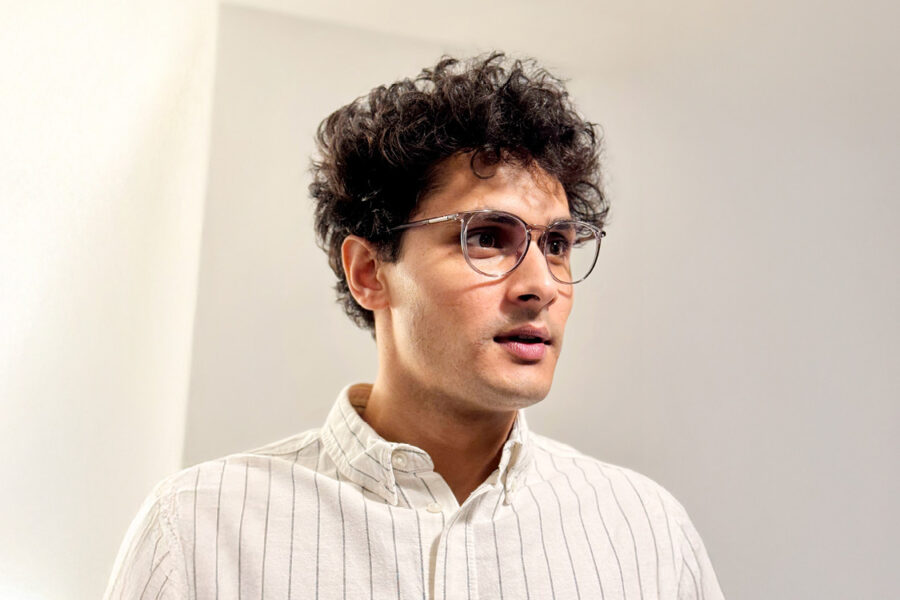
Future Forecast
M.B.A. student Yogesh Singh Katoch hones forecasting models for stock prices, housing prices, and much more.
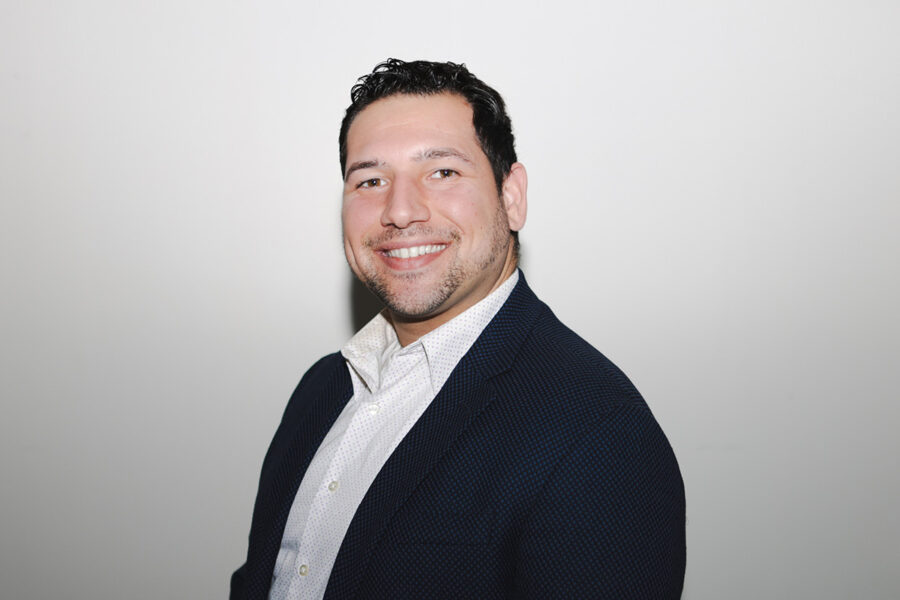
Learning to Lead
Senior Purchasing Specialist Edward Schook has been selected for the first cohort of E&I Cooperative Services’ EdPro NextGen Leadership Program.

Bus Transportation App Puts Users First
Graphic design and media innovation student Tanay Govardhan knows the difficulty residents and tourists in Pune, India, face when using public bus transportation. So, for his senior thesis, he decided to tackle a public service project: creating a mobile app for bus riders.
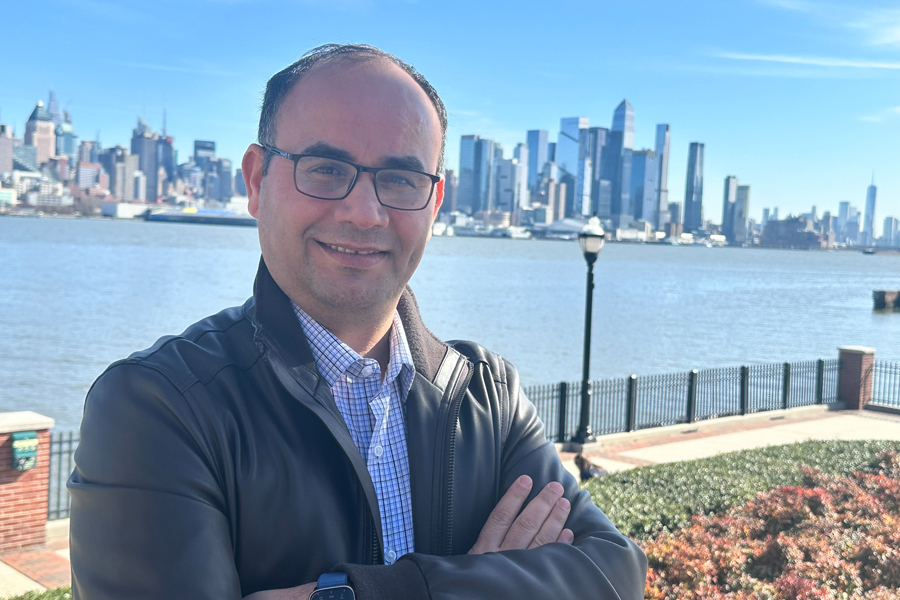
What Cancer Can Teach
By learning how cancer cells grow, Assistant Professor Karrer Alghazali, Ph.D., hopes to use that knowledge as a tool to grow healthy cells through biomimcry.
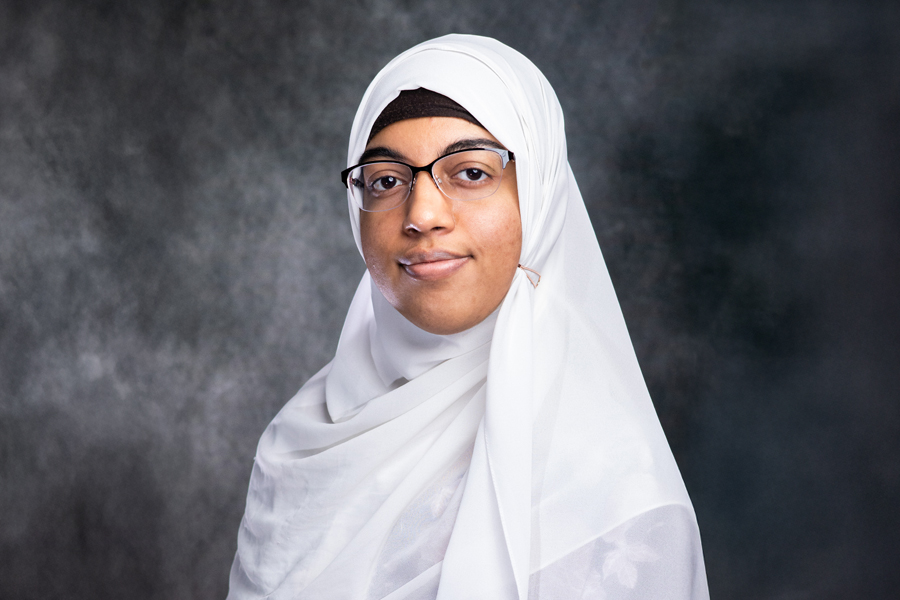
Endless Possibilities
What Sarah Ranginwala loves about New York Tech’s biotechnology program is that it gives her many career choices. But until she makes her final decision, she is not sitting idle, engaging in research and writing for the Manhattan Globe.
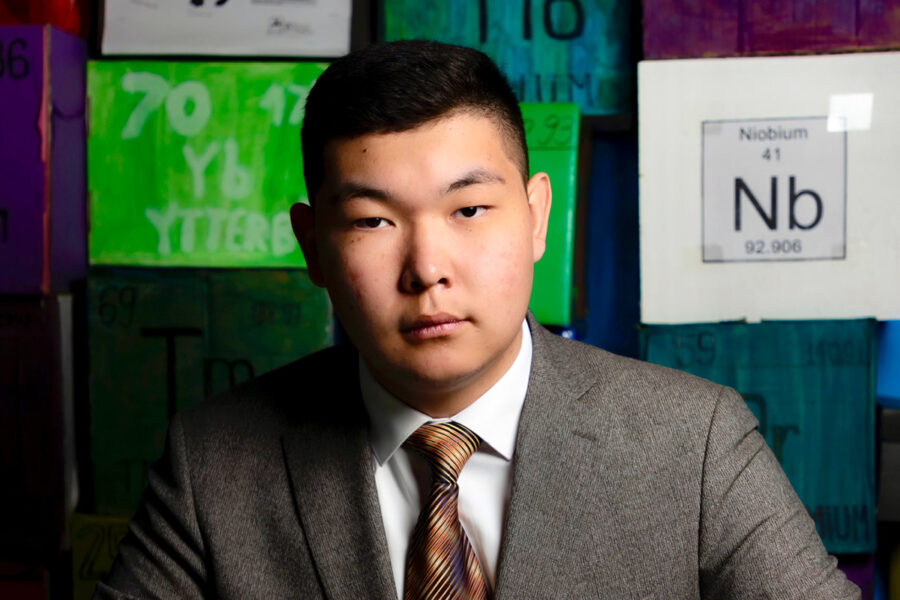
Putting the ‘Tech’ in Tech Threads
Computer science student Mukhammedali Zhadiger dreams of making an impact in the tech industry. He is already making waves as a key component in on-campus resource Tech Threads’ smooth operation.